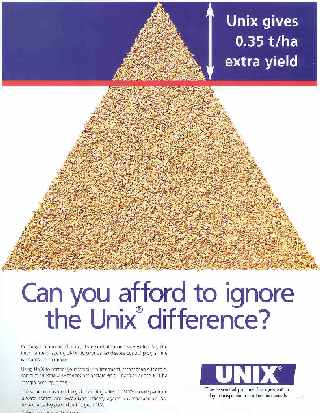

| Main index | Section 3 | Options |
#include <devinfo.h>
Due to the fact that the information may be logically arranged in a number of different fashions, the library does not attempt to impose any structure on the data.
Device, resource, and resource manager information is returned in data structures defined in <devinfo.h>:
struct devinfo_dev {
devinfo_handle_t dd_handle; /* device handle */
devinfo_handle_t dd_parent; /* parent handle */
char *dd_name; /* name of device */
char *dd_desc; /* device description */
char *dd_drivername; /* name of attached driver */
char *dd_pnpinfo; /* pnp info from parent bus */
char *dd_location; /* Where bus thinks dev at */
uint32_t dd_devflags; /* API flags */
uint16_t dd_flags; /* internal dev flags */
device_state_t dd_state; /* attachment state of dev */
};
struct devinfo_rman {
devinfo_handle_t dm_handle; /* resource manager handle */
rman_res_t dm_start; /* resource start */
rman_res_t dm_size; /* resource size */
char *dm_desc; /* resource description */
};
struct devinfo_res {
devinfo_handle_t dr_handle; /* resource handle */
devinfo_handle_t dr_rman; /* resource manager handle */
devinfo_handle_t dr_device; /* owning device */
rman_res_t dr_start; /* region start */
rman_res_t dr_size; /* region size */
};
The devinfo_handle_t values can be used to look up the correspondingly referenced structures.
devinfo_init() takes a snapshot of the kernel's internal device and resource state. It returns nonzero if after a number of retries a consistent snapshot cannot be obtained. devinfo_init() must be called before any other functions can be used.
devinfo_free() releases the memory associated with the snapshot. Any pointers returned by other functions are invalidated by this, and devinfo_init() must be called again before using any other functions.
devinfo_handle_to_device(), devinfo_handle_to_resource() and devinfo_handle_to_rman() return pointers to devinfo_dev, devinfo_res and devinfo_rman structures respectively based on the devinfo_handle_t passed to them. These functions can be used to traverse the tree from any node to any other node. If devinfo_handle_to_device() is passed the constant DEVINFO_ROOT_DEVICE it will return the handle to the root of the device tree.
devinfo_foreach_device_child() invokes its callback argument fn on every device which is an immediate child of device. The fn function is also passed arg, allowing state to be passed to the callback function. If fn returns a nonzero error value the traversal is halted, and devinfo_foreach_device_child() returns the error value to its caller.
devinfo_foreach_device_resource() invokes its callback argument fn on every resource which is owned by device. The fn function is also passed device and arg, allowing state to be passed to the callback function. If fn returns a nonzero error value the traversal is halted, and devinfo_foreach_device_resource() returns the error value to its caller.
devinfo_foreach_rman_resource() invokes its callback argument fn on every resource within the resource manager rman. The fn function is also passed arg, allowing state to be passed to the callback function. If fn returns a nonzero error value the traversal is halted, and devinfo_foreach_rman_resource() returns the error value to its caller.
devinfo_foreach_rman() invokes its callback argument fn on every resource manager. The fn function is also passed arg, allowing state to be passed to the callback function. If fn returns a nonzero error value the traversal is halted, and devinfo_foreach_rman() returns the error value to its caller.
The interface does not report device classes or drivers, making it hard to sort by class or driver.
| DEVINFO (3) | April 19, 2001 |

| Main index | Section 3 | Options |
Please direct any comments about this manual page service to Ben Bullock. Privacy policy.
